Dental problems can happen to any of us. Although a good daily oral health regime in hand with regular dental checkups and professional cleanings creates a strong foundation for dental health, you can still encounter issues with your teeth and gums. Here we look at the eight most common dental problems with tips to help you avoid them.
8 Most Common Dental Problems
1. Gum Disease
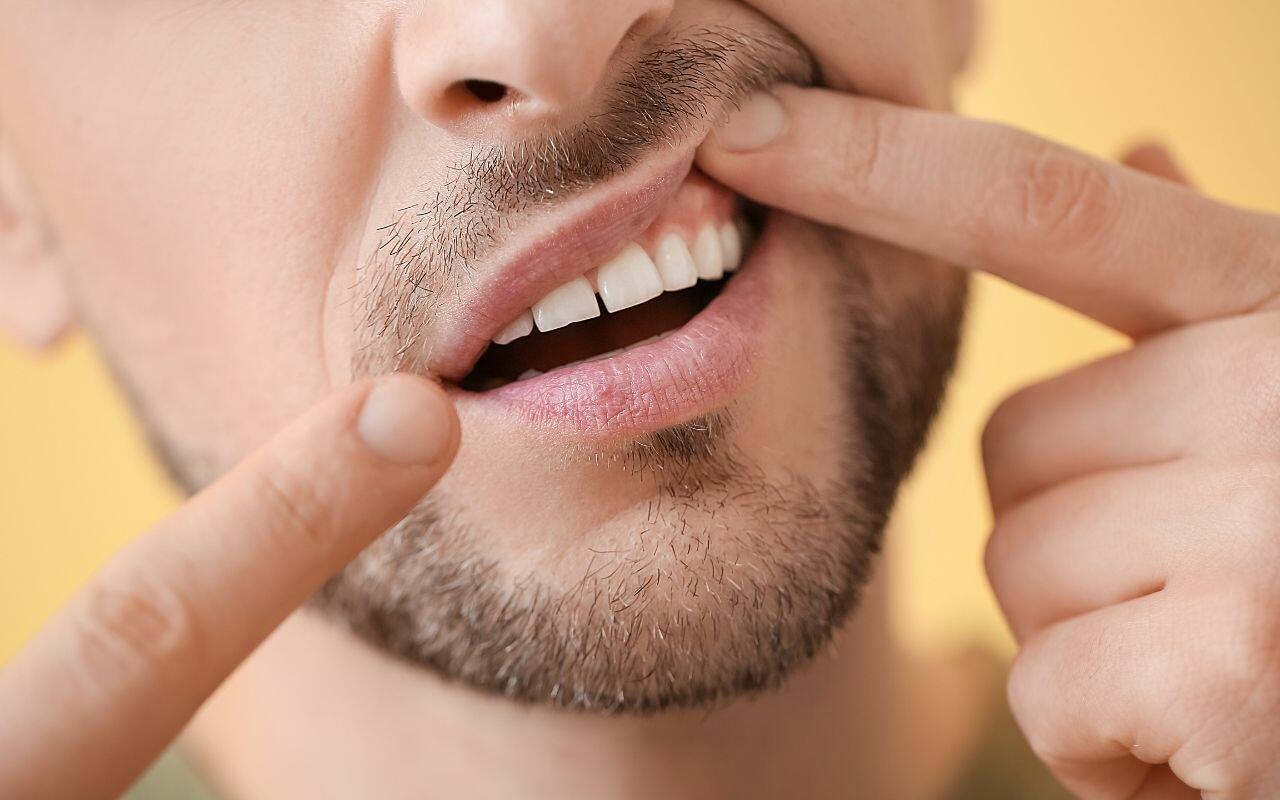
Gum disease can happen a lot faster than you think. Also known as gingivitis, gum disease occurs when you have plaque and tartar buildup on your teeth. The bacteria make your gums inflamed and when not treated, worsens. As gingivitis progresses, it can lead to a far more serious condition called periodontitis. You don’t want to allow things to get to this stage as it affects your bone and can lead to tooth loss. It is also quite painful. Know when to seek assistance from your dentist at the first signs of gingivitis including:
- Swollen “puffy” gums
- Discoloured gums that are darker red instead of pink
- Bleeding gums, especially when flossing or brushing
- Chronic bad breath
- Receding gums
- Gum tenderness
This is why your dental checkups are so important. First, your cleanings will ensure your plaque and tartar buildup are managed properly, and second, your dentist will look for signs of gum disease and offer treatment or management solutions.
2. Tooth Sensitivity

Tooth sensitivity is caused by a number of different reasons. It can be a constant discomfort but is more commonly noticed when drinking or eating something hot, cold, or sweet. Some of the most common causes of tooth sensitivity include:
- Gum disease
- Receding gums
- Aggressive/improper brushing
- Enamel wear/acid erosion
- Some forms of teeth whitening
As with gum disease, regular dental checkups are your first line of defense against tooth sensitivity. In this case, good oral hygiene is important, but at the same time, your oral hygiene regime could be causing your sensitivity. Attempts to keep your smile white with some tooth whitening treatments, together with aggressive brushing can actually cause tooth sensitivity. Therefore seeing your dentist for regular checkups helps ensure you have proper brushing technique, while also giving you an opportunity to discuss treatments such as teeth whitening. They will also check your gums and look for signs of wear and erosion.
3. Tooth Decay
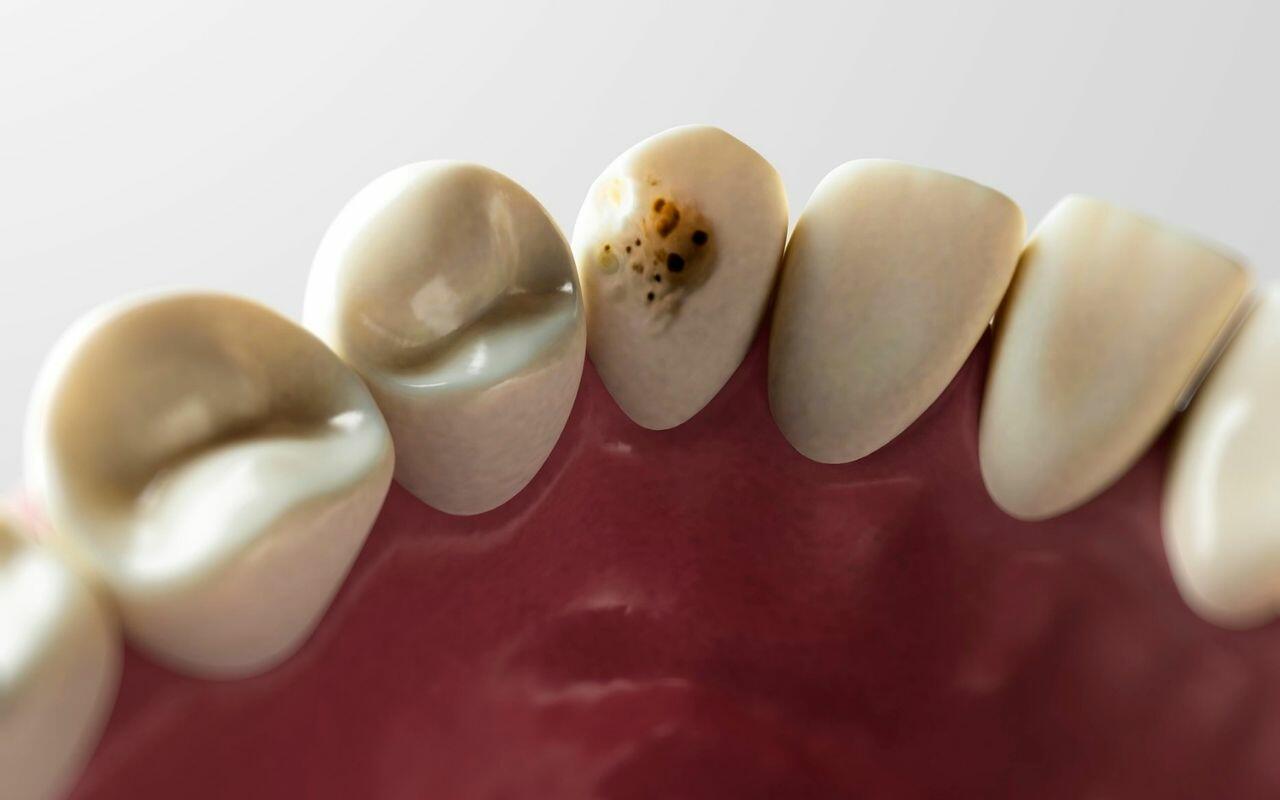
Tooth decay or cavities occur when the hard protective outer layer of your teeth called the enamel is penetrated by bacteria. Some cavities can be noticed with discolouration on your teeth, while other signs include pain or sensitivity in the area. If left unchecked, you can also experience bad breath and worsening pain, especially if the decay reaches the sensitive inner pulp and nerves of your tooth. Prevention is the number one method to avoid tooth decay with proper oral hygiene and regular dental checkups and cleanings.
4. Missing Teeth
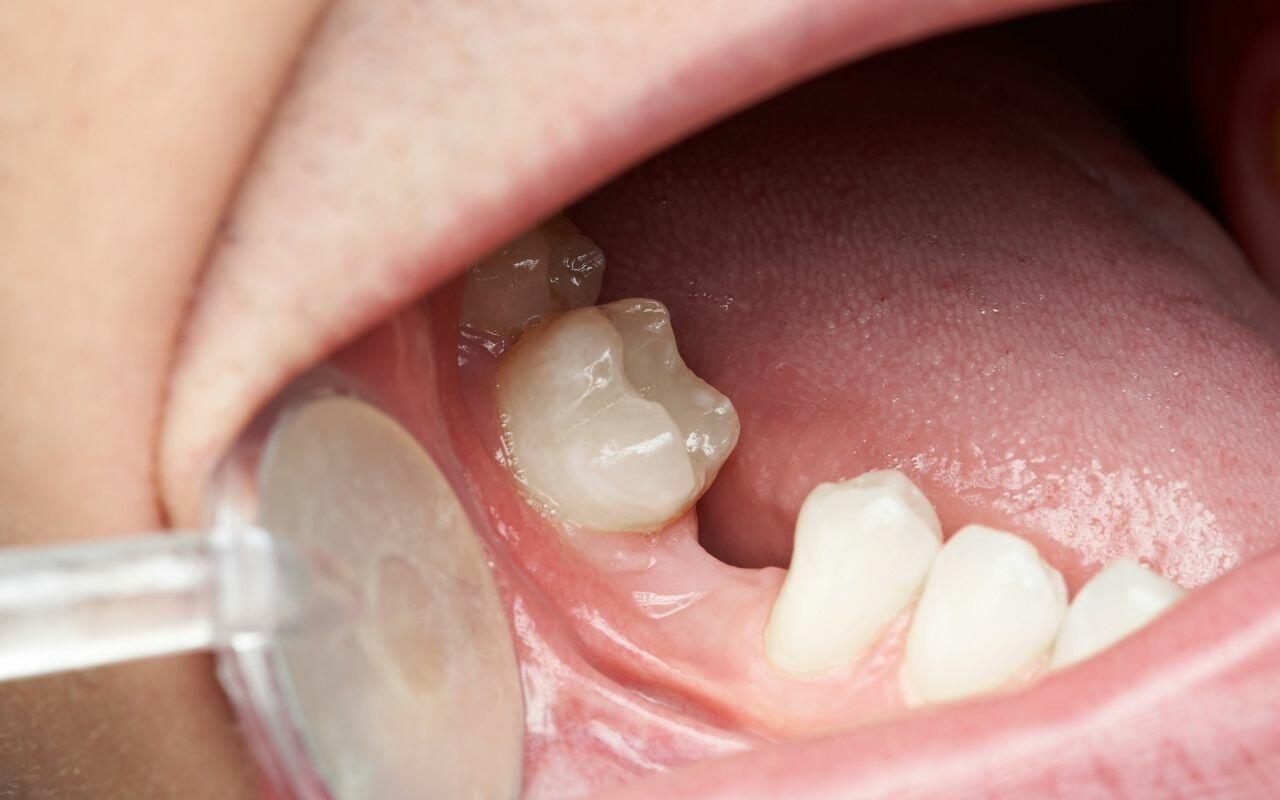
If you lose a tooth, it can lead to a long list of dental issues. A lost tooth at the back of your mouth might not seem like it needs replacing, but a single lost tooth can cause your teeth to start shifting towards the gap. When this happens it can cause many issues including:
- Crowding
- Gaps
- Gum disease
- Bone Loss
- Improper bite
- Chewing issues
- Speech issues
The good news is there are many tooth replacement options sure to meet your needs and budget. Because missing teeth can occur for many different reasons, there are a few things you can do to help reduce risk:
- Daily brushing and flossing
- Regular dental checkups and cleaning
- Wearing a sports guard when playing sports
These tips will help you avoid losing a tooth.
5. Root Infection
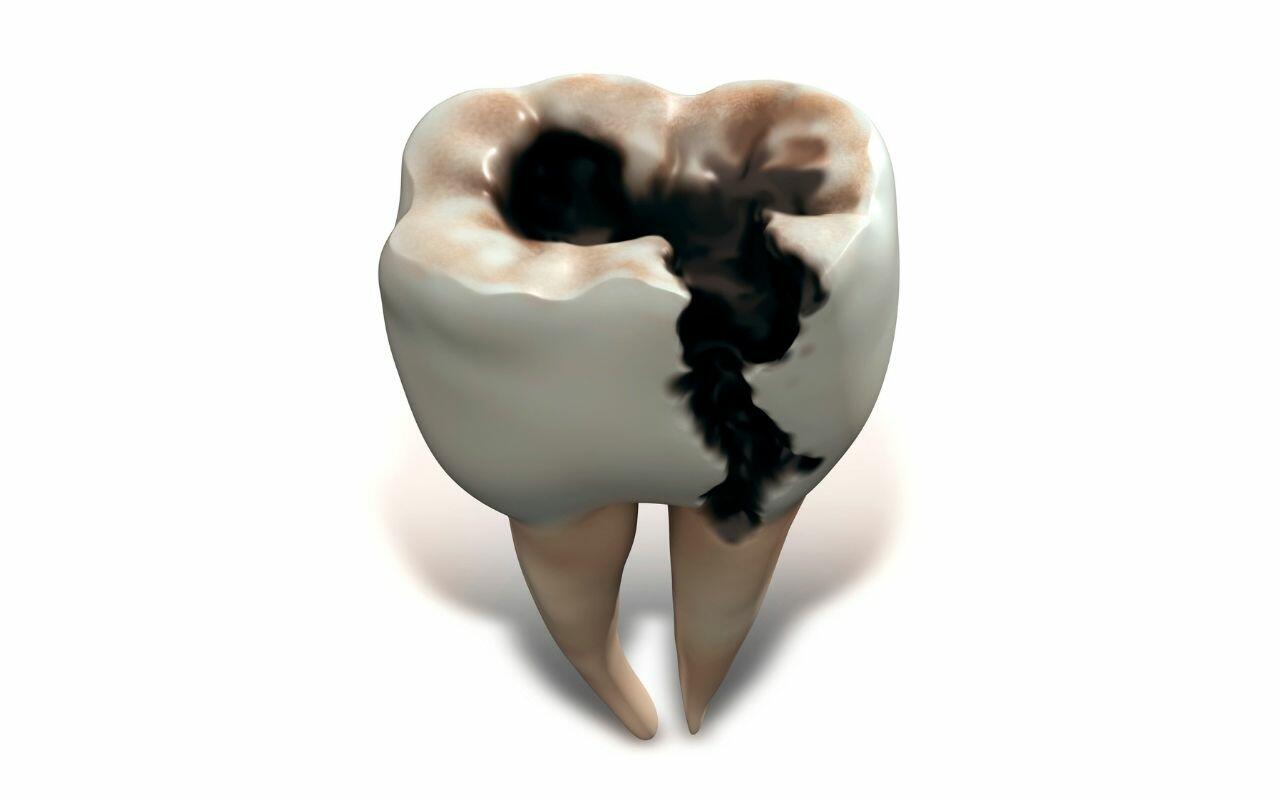
A root infection occurs when tooth decay reaches the sensitive inner root pulp of your tooth. Root infection can also happen if your tooth is damaged by trauma such as a crack that exposes the root. Root infections are not only painful but can also lead to serious health issues as the infection can go into your bloodstream. When you experience tooth pain you should always speak to your dentist as soon as possible. Signs of root infection include a severe throbbing toothache along with any of the following symptoms:
- Pain in the jawbone, neck, or ear
- Tooth sensitivity to hot, cold, chewing or biting
- Fever
- Cheek or face swelling
- Tender, swollen lymph nodes
- A sore on the gums at the site of the infected tooth
If you notice any of these symptoms there is a good chance you will require a root canal. Prevention of root infection boils down to good oral health and dental checkups.
6. Dry Mouth
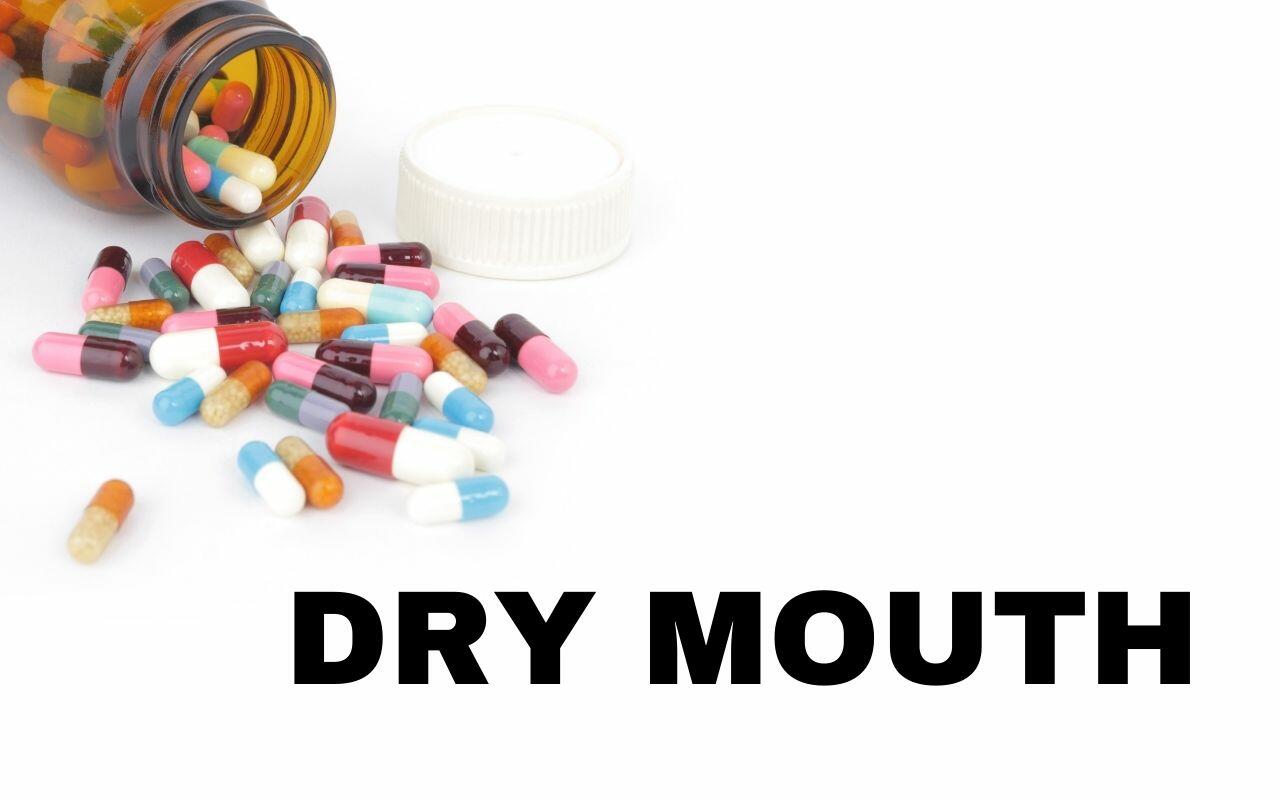
Chronic dry mouth can be very uncomfortable and also very bad for your teeth and gums. You need saliva to wash away debris and bacteria from your mouth, while also helping to maintain a healthy oral biome. Your oral biome contains healthy bacteria needed for oral health. Your saliva also helps protect your teeth. Dry mouth can be caused by medications, so make sure you understand the side effects of any medications you take. It is important to take precautions to treat dry mouth as it can lead to many dental issues, including:
- Bad breath
- Gingivitis
- Tooth decay
- Mouth infections
Speak to your dentist if you find your mouth is always dry.
7. Bad Breath

Although you can get bad breath from certain foods like garlic or raw onions, bad breath all the time isn’t normal. It can be caused by many health issues, so it is something you should always mention to your dentist. This is especially important if you are a good brusher and flosser as this indicates it could be something unrelated to your oral health.
8. Mouth Sores
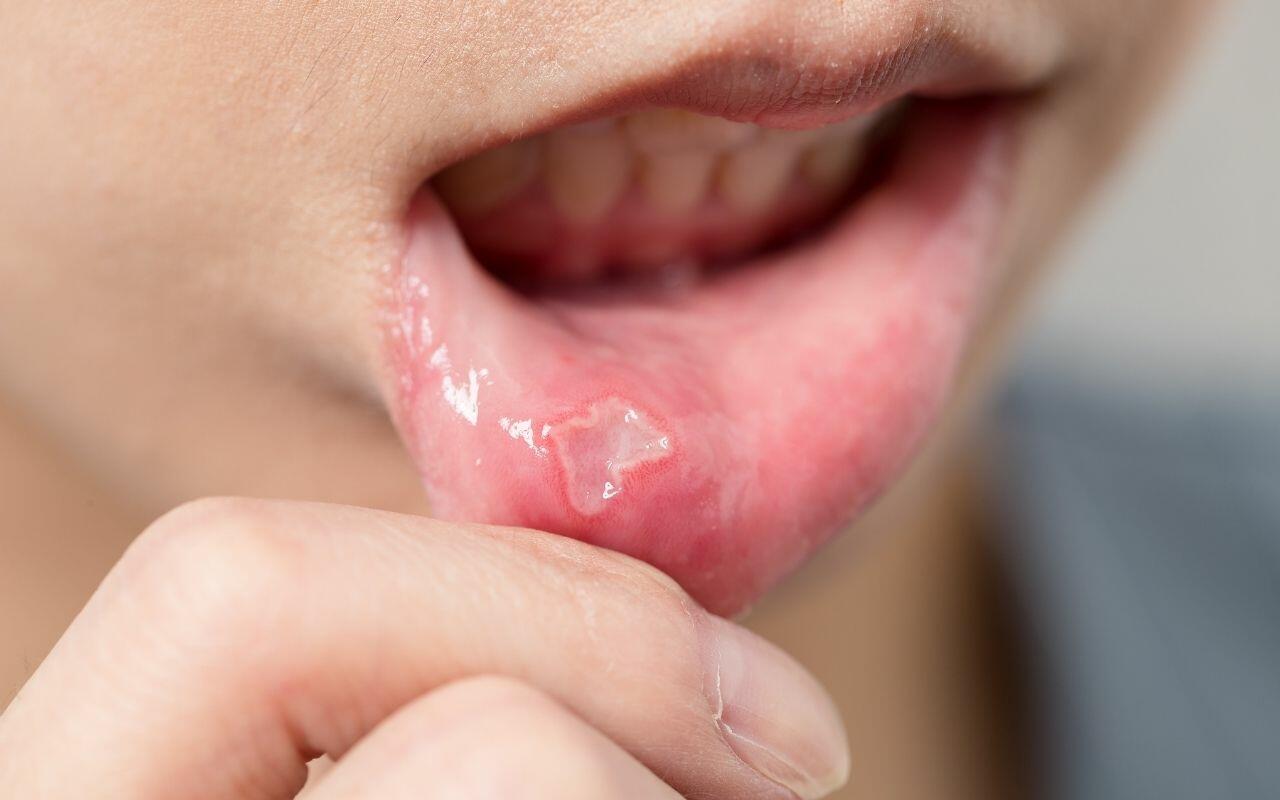
Mouth sores such as cankers can appear inside your cheeks and are not serious, although they can be quite uncomfortable. However, if you get them all the time or you find they take forever to go away you should speak to your dentist. Cold sores appear on the lips or around the nose and are contagious.
They can be treated with over-the-counter medications. However, if they last longer than 10 days and are very painful or you don’t typically get cold sores and suddenly have one, you should speak to your dentist as soon as possible. They can diagnose the issue and offer treatment options or refer you to the appropriate healthcare professional.
Call today to schedule an appointment at 905-775-5307 if you are experiencing any of the above common dental problems, or click here to request an appointment.
